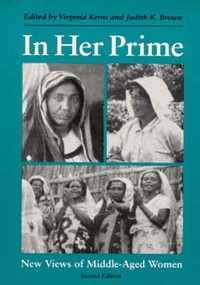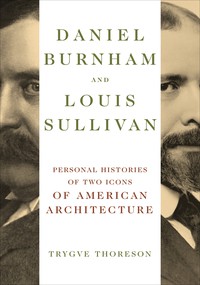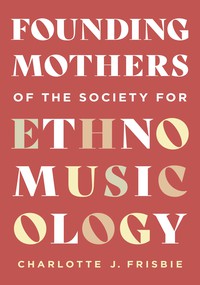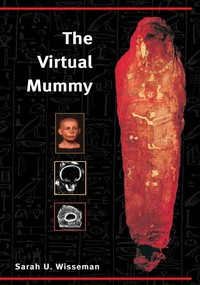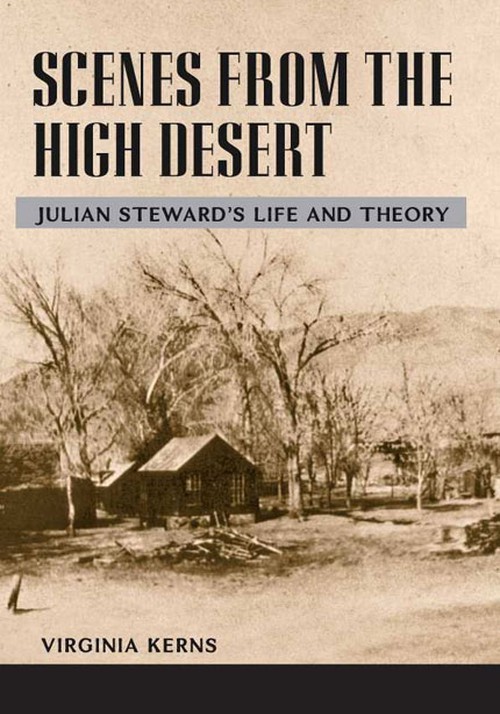
Scenes from the High Desert
About the Book
Julian Steward (1902-72) is best remembered in American anthropology as the creator of cultural ecology, a theoretical approach that has influenced generations of archaeologists and cultural anthropologists. Virginia Kerns considers the intellectual and emotional influences of Steward's remarkable career, exploring his early life in the American West, his continued attachments to western landscapes and inhabitants, his research with Native Americans, and the writing of his classic work, Theory of Culture Change. With fluid prose and rich detail, Kerns captures the essence and breadth of Steward's career while carefully measuring the ways he reinforced the male-centered structure of mid-twentieth-century American anthropology.Reviews
"A moving, yet meticulous, account of Steward's life and career. . . . Kerns brings a sustained feminist critique to bear on the work of a major, mid-century male anthropologist, all the while recounting his life just as a good ethnographer should--that is, with great skill and sympathy."--American Ethnological Society"A remarkable feat: the biography of a major figure in anthropology that tackles issues at the core of the discipline and its history yet presents a readable and at times entertaining narrative."--Journal of the Royal Anthropological Institute
"A remarkable piece of scholarship . . . . Through detailed examination of archives, unpublished papers, publications, oral histories, interviews, and her own fieldwork, Kerns has produced a fascinating and complex analysis of Steward the scholar, Steward the husband and family man, and Steward as product of his times and places."--New Mexico Historical Review
"Illuminates much more than the man's life. . . . Kerns contextualizes her detailed, ramified discussion of Steward's ideas in his life experiences and social milieu. Essential."--Choice
Blurbs
"This richly evocative story of a fiercely original anthropologist lights up the generation of scholars who taught him, argued with him, and learned from him."--Sidney Mintz, William L. Straus Jr. Professor Emeritus of anthropology, Johns Hopkins University
“A brilliant, exquisitely written account of the life of one of the most influential anthropologists of the twentieth century.”--Rita Wright, author of Gender and Archaeology
“A work of consummate scholarship. Kerns’s book is so effortlessly crafted and beautifully constructed that it has the quality often attributed to Inca walls -- you can’t insert a knife blade between the stones.”--Robert L. Carneiro, author of The Muse of History and the Science of Culture
"The history of anthropology offers a unique opportunity to combine an interest in anthropological theory with the methods of ethnography and Karns' book succeeds remarkably well in demonstrating how this can be done. . . . As the ethnographer forces us to look at Steward through her eyes, she often provokes or entices readers to make up their own mind about these matters, certainly if they happen to be anthropologists themselves. I think that this is one of the reasons why this book stands out fom most of the run-of-the-mill 'intellectual biographes', which remain caught in the hermeneutics of self-referential thick description."--Jan de Wolf, Utrecht University (The Netherlands)
